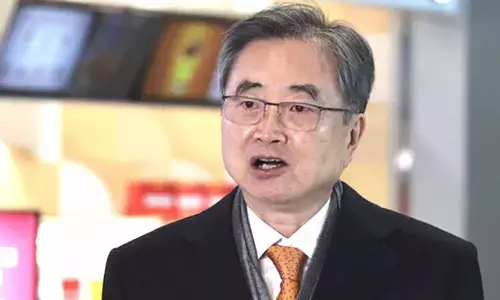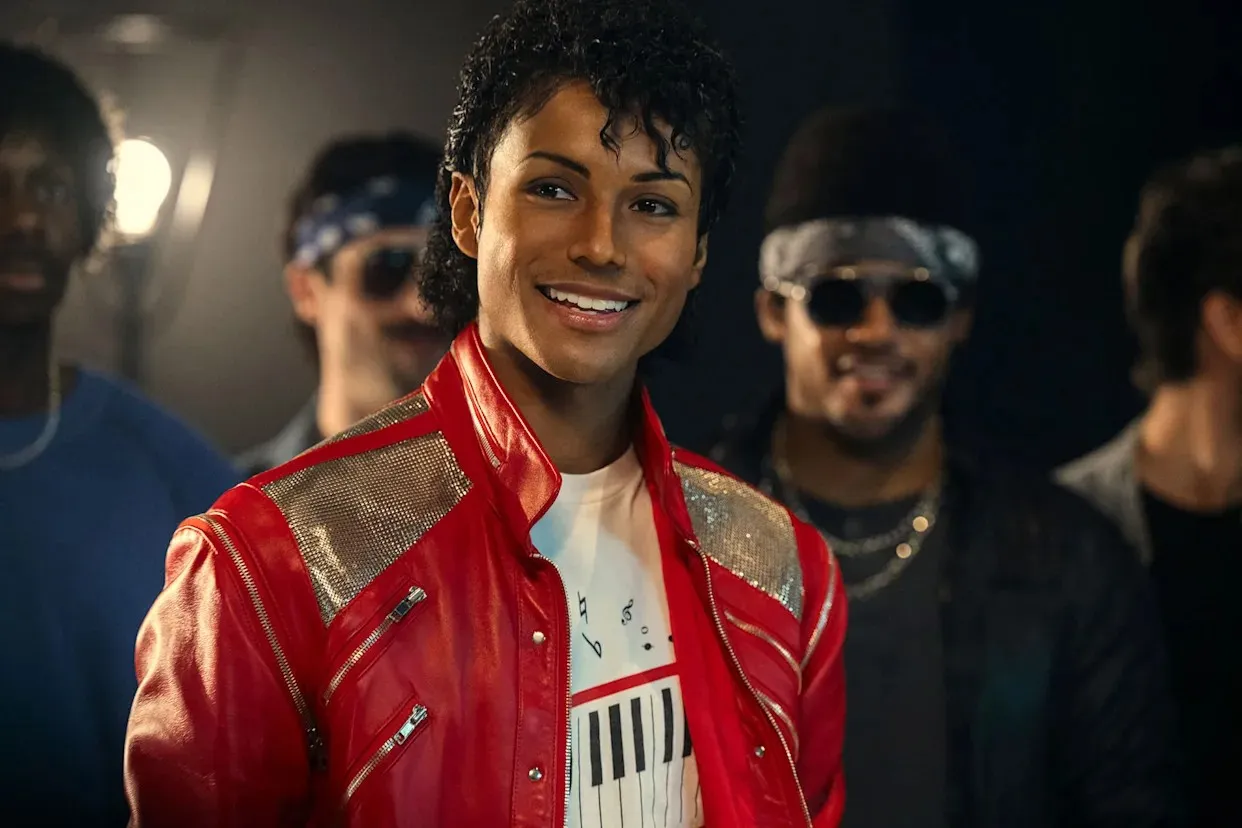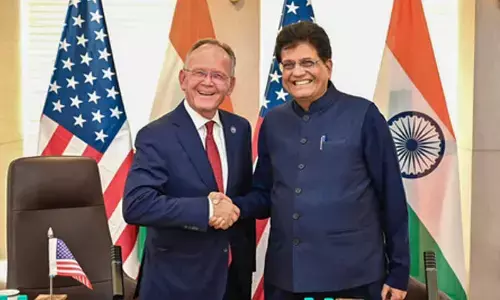India's IT rules do not conform with intl human rights: United Nations

India’s IT rules do not conform with intl human rights: United Nations
Experts from the United Nations have said that India’s new IT rules do not conform with international human rights norms.
New Delhi: Experts from the United Nations have said that India's new IT rules do not conform with international human rights norms. In a communication sent to the Union government on June 11, three special rapporteurs from the UN expressed "serious concerns" with certain parts of the legislation, and said that "due diligence obligations" placed on intermediaries may lead to "infringement of a wide range of human rights".
The communication, which is publicly available on the UN's website, was penned by Irene Khan, Special Rapporteur on the promotion and protection of the right to freedom of opinion and expression, Clement Nyaletsossi Voule, Special Rapporteur on the rights to freedom of peaceful assembly and of association, and Joseph Cannataci, Special Rapporteur on the right to privacy.
In it, the UN experts say that terms such as "racially or ethnically objectionable", "harmful to child", "impersonates another person", threatens the unity...of India", "is patently false and untrue", "is written or published with the intent to mislead or harass a person…" are overly broad and "lack sufficiently clear definitions", which may lead to "arbitrary application".
The letter says that India's new IT Rules are in violation of rules laid down in the International Covenant on Civil and Political Rights (ICCPR), a key international human rights treaty. "Pursuant to Article 19 (3) of the ICCPR, restrictions on the right to freedom of expression must be 'expressly prescribed by law' and necessary 'for respect of the rights or reputations of others' or for 'the protection of national security or of public order, or of public health or morals'," the letter states.
"We express serious concern about obligations on companies to monitor and rapidly remove user-generated content, which we fear is likely to undermine the right to freedom of expression," the Special Rapporteurs wrote. "In particular, we worry that intermediaries will over-comply with takedown requests to limit their liability, or will develop digital recognition-based content removal systems or automated tools to restrict content," they added, saying these techniques may not accurately evaluate cultural contexts and identify illegitimate context.














